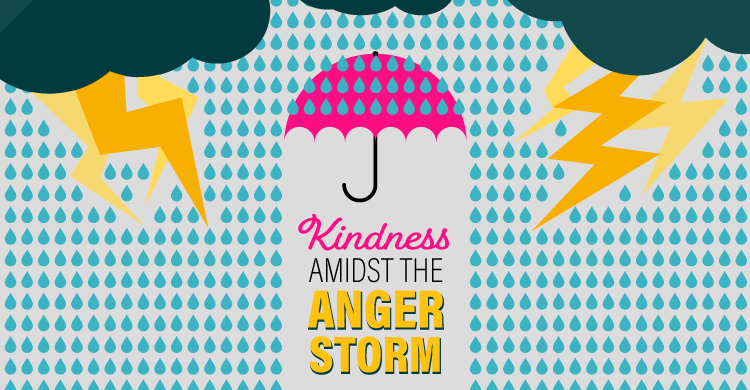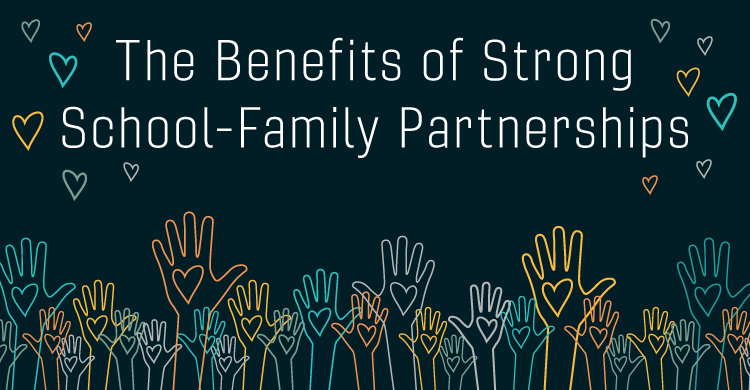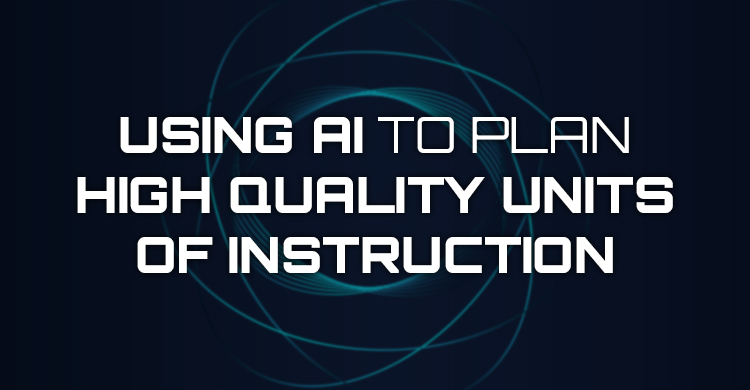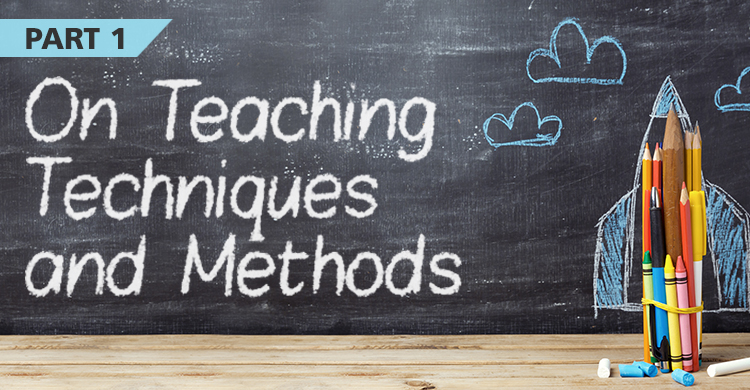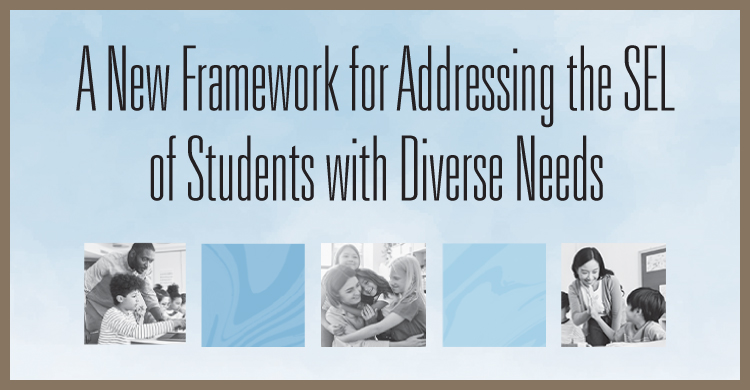Based on HEART! Fully Forming Your Professional Life as a Teacher and Leader
“Anger is not impressive or tough—it’s a mistake. It’s weakness. Depending on what you are doing, it might even be a trap that someone laid for you.” —Ryan Holiday
During the fall of my second year as superintendent at Stevenson HSD 125 (birthplace of the PLC At Work® process), I picked up the phone, only to be verbally assaulted by a very angry parent about an issue regarding her son, who was not receiving the resolution she sought.
I listened for about three minutes and tried to deescalate her anger, but it only got worse. Despite my best intentions to understand her concerns, she mostly just wanted to vent, but her yelling and the cruelty of her words got in the way of her message. Sound familiar?
‘I hope this is making you feel better’
My response to her in that moment of anger may surprise you. I stopped her barrage of words and simply stated, “I hope this is making you feel better.” Spoken gently. No sarcasm. This statement can quickly neutralize the brutish behavior that results from the extreme emotion of misplaced anger.
This parent, perhaps without realizing it, did not yet have a fully formed heart, a daily life that understands and respects, the human emotions of the moment. You know, emotions that can be found in the acronym “SASHET”—Sad, Angry, Scared, Happy, Excited, Tender.
We educators, within any one week of the school year, experience many of these emotions in some form or another. In most situations, especially those of disagreement or angst, the self-reflection question always becomes, “Which emotion am I feeling right now, and why am I feeling this way?” We ask, “What am I to do with this emotion?”
A heart that pursues happiness in its interactions with students, parents, and colleagues finds completeness and strength in its ability to embrace these emotions but also in its ability to keep them under control. A heart that is controlled by anger is a daily life that will always fall incomplete. And in our profession—a helping profession, no less, with a lot of adult and child stakeholders involved—tensions can escalate very quickly, and the emotion of anger results in words and actions that hurt.
We lose control.
Anger never resolves anything. Usually it makes the situation worse. We get upset because the anger directed at us by a student, parent, colleague, staff member, administrator, etc. is perhaps anger misunderstood. The angry party does not know all the facts. In turn, our anger fuels their anger, and they get more upset. The issue escalates quickly. Resolution that is positive and respectful is far off in the shadows.
We should never accept this. Our job is to partner with the parent, the student, or the colleague, not against them. As professionals, we always lean into and partner with, especially when that partnership may not seem fair in its accusations or anger.
“I hope this conversation is making you feel better” is an act of tough-minded compassion. It allows the conversation to turn to the thought of How do I communicate with you, and you with me, in a way that allows both of us to get control of our emotions?
This response to an angry parent, colleague, or student is ultimately a professional demonstration of tough-minded compassion. Although compassion means being for your students and your colleagues, don’t confuse love and compassion with softness. Being for someone is deeper than just wanting to spare him or her pain. If I really am for the person (child or adult), then I must be ready to listen and understand their reasons for the angry behavior, and only then warn, reprove, confront, or admonish when necessary.
Always do so with grace (not sarcasm), and always with humility and respect, even if you believe the participating partner doesn’t deserve your kindness. Always with the understanding that to be for them, to show compassion for them, may also require honest reflection about destructive behaviors.
Embrace your powers for good
You and I have a lot of power in the midst of anger from others. The greatest power we have is to not let others steal our joy. Love and compassion gives to and serves the one who is loved. But ultimately, it serves you and me too.
We are the professionals. We are the helpers. We ask, how can I best serve this angry person in this moment? The test of your professional heartprint is that you give love, compassion, and kindness when there is no expectation in return.
This describes a type of love that takes the most ragged children (and some adults) who enter your path and creates value in them—so they can eventually build value in others—forever. This is why our teaching profession is such a daunting day-to-day challenge. You have got to be on your best game every day. Our profession is not for the weak-hearted.
We look at our students, parents, and colleagues, and do we see who they are intended to become? Do we see their potential? Do we understand and connect to their feelings? Do we really?
Controlling our anger is a choice. A tough choice. To identify with the experiences or lens of the other person is a choice. Passing judgment that someone does not deserve your compassion and withholding it is also a choice you can make. But not a heart-filled choice for sure.
So, back to the opening story.
You might wonder—what happened with that angry parent?
She was a bit stunned at first by my candor with the “hope you are feeling better” comment. I then boldly indicated she was violating most parts of our parent commitments document. I told her our call was over. I would gladly talk to her again or meet with her personally once she had read the commitments our parents had agreed upon as part of our school community partnership among all stakeholders: students, teachers, counselors, administrators, etc., and when she could explain her concerns to me while in better control of her anger.
These parent commitments to partner with our school district personnel provide direction, and in some ways boundaries, for how we are to move toward a more positive relationship, even when control of the anger emotion starts to escalate forward.
Parent partnership commitments and agreements
The first commitment is to assist in educational decisions with our children. As parents, are we committed to encouraging involvement in school activities? Do we help our children establish short- and long-range goals appropriate to their individual capabilities, interests, and needs?
The second commitment is to engage in open, positive, and timely communication with the school. Do we respond to the school’s feedback about progress and behavior? Do we communicate special needs to counselors and other adults in the school, in a manner in which our concerns can be heard?
The third commitment is to become actively involved in the school. Do we volunteer in the school? Do we participate in parent support groups such as PTA or booster clubs? Do we utilize or access adult education programs and other use of the school facilities?
The fourth commitment is to help our children become responsible, self-reliant members of the school community. Do we teach them to act responsible for their own learning, decisions, and behaviors? Do we insist they observe the rules of the school? Do we model these positive behaviors for our children?
The fifth commitment is to create a supportive and healthy learning environment in our homes. Do we model the importance of lifelong learning? Do we provide a place for quiet time and study? Do we provide the balance between boundaries and freedom necessary to nurture our children’s emotional well-being and physical safety? Do we model for them how to direct their emotions and actions properly?
At first blush, these commitments for parents partnering with other school stakeholders, especially their own children, may seem somewhat trivial. What’s the big deal?
Yet, in true PLC fashion, these commitments represent a shared vision for parental behavior developed by this stakeholder group, reviewed and agreed upon by every member of our parent task force, published every year, and revised by this stakeholder group every three years. These expectations for behavior are owned and generated by this stakeholder group. And that makes all the difference.
Acting with compassion is vital
Sometimes, I believe my own stress and strain during my professional life left me so worried about my own ailments that I could not lean into the parents’ anger. I could not get “big enough” to see past the anger and understand the issue from their point of view. In hindsight, I either did not or could not find sufficient value of that person to me. Thus, I failed to connect the dots of how my actions and responses affected them.
Eventually, I realized that the residue of the human assets I was leaving behind should not be in my rear-view mirror; rather, it was right on the road in front of me. I just needed to look and then respond with the dignity that would allow both the parent and me to grow beyond that moment of anger.
As you develop a culture of compassion in your school, you will also raise the character and the hope for all children and adults. More importantly, we will reclaim our value as educators. There is a reason not everyone can do our work. What we do every day, and the way we choose to respond, ultimately reflects the values we really claim to care about—kindness, compassion, understanding, partnership, awareness—values that anchor us in the anger storm.
[author_bio id=”390″]


